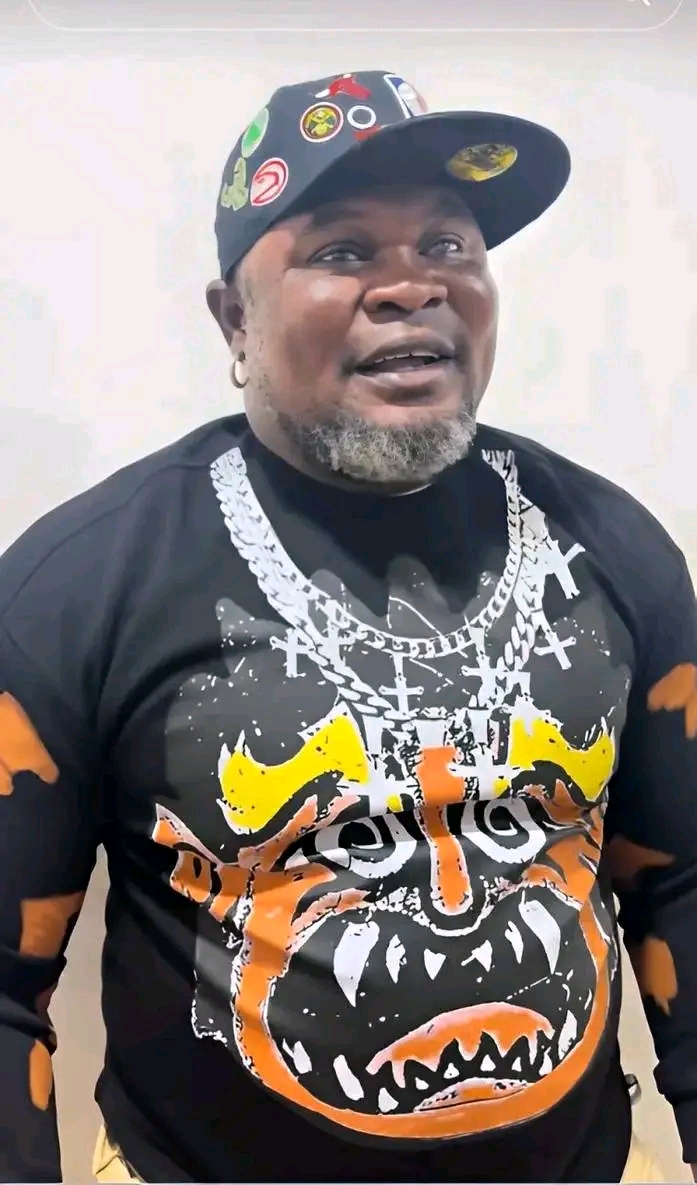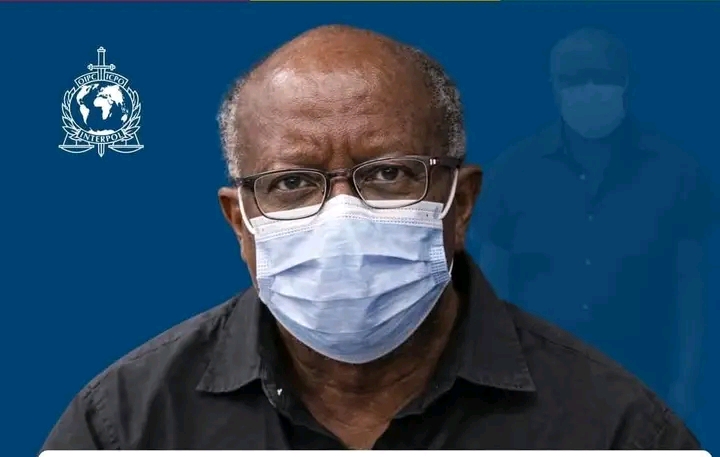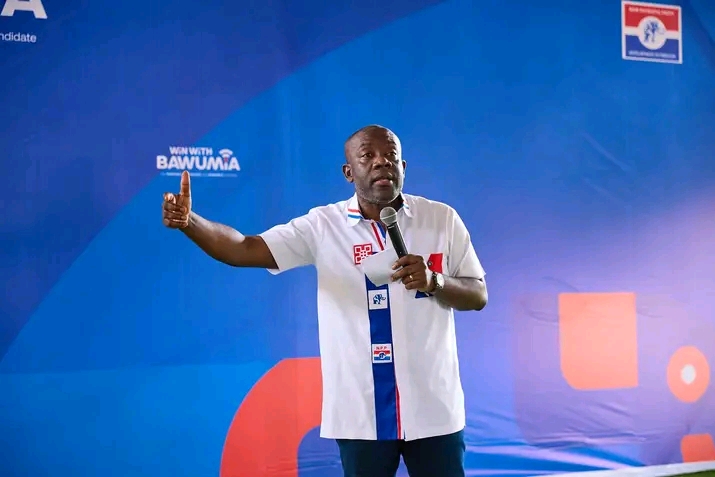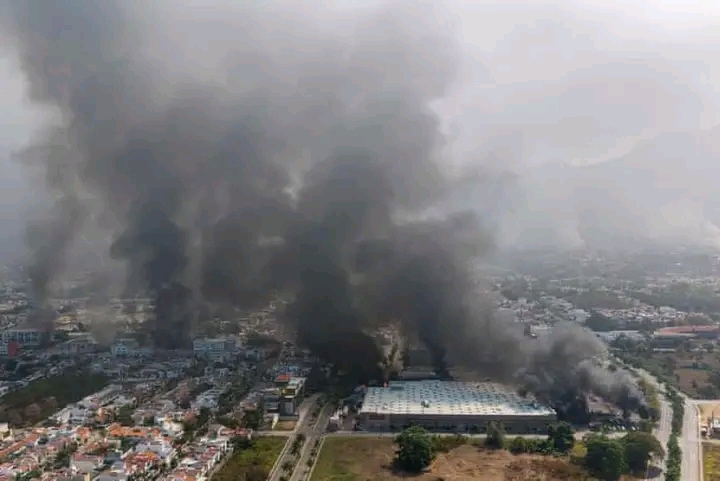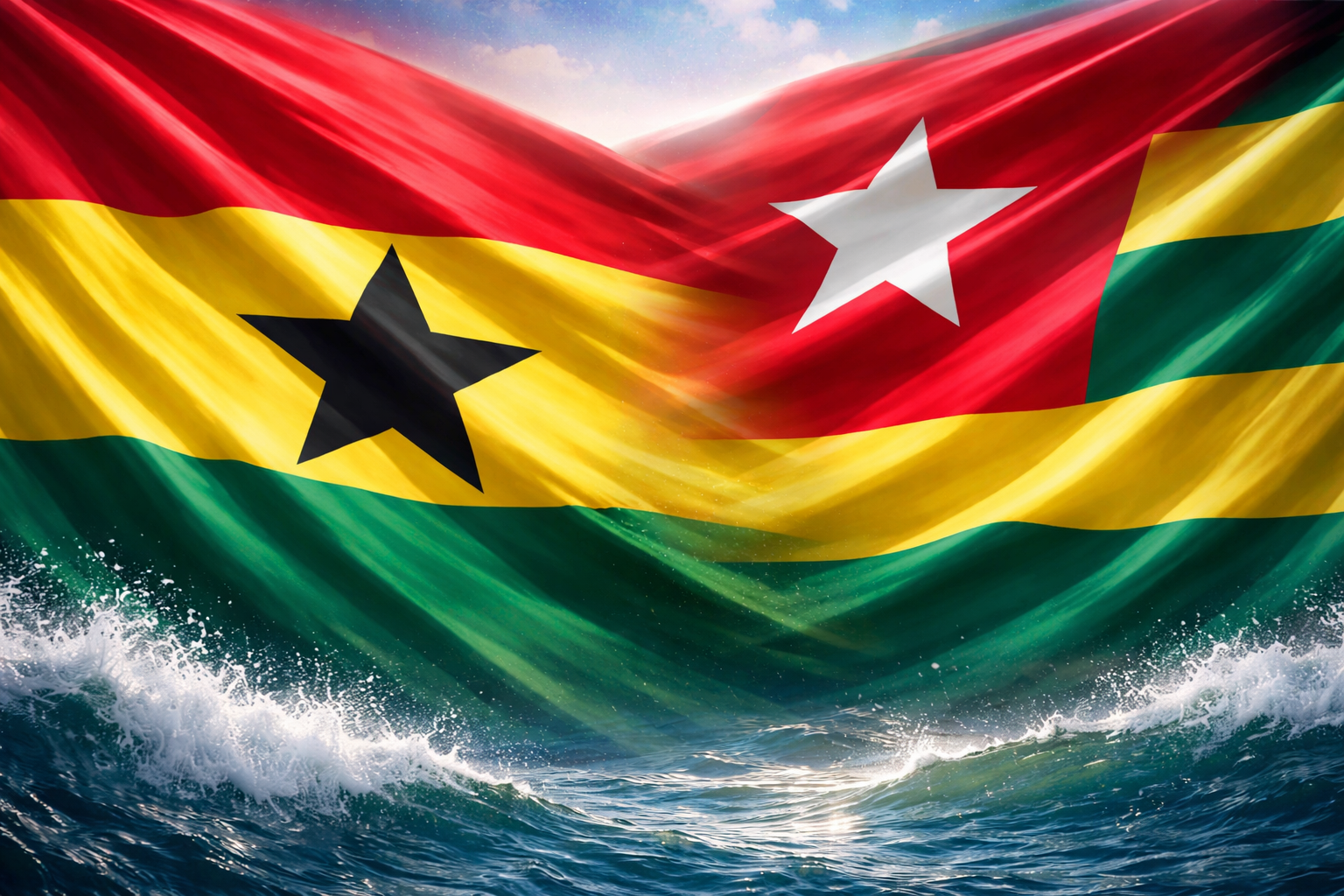By: Kenneth appiah bani
Media personality Okatakyie Afrifa is under fire from many Ghanaians following his recent criticism of Sharaf Mahama, son of President John Dramani Mahama, over the funding of the Battle of the Beasts boxing event held last weekend in Accra.
The high-profile event, which featured British-Nigerian boxing champion Anthony Joshua as a special guest, drew top celebrities, sports icons, and dignitaries to the Bukom Boxing Arena. Ghanaian boxing legend Azumah Nelson was also in attendance.
But Okatakyie, in a recent broadcast, questioned how Sharaf could afford such a grand event, claiming the president’s son had never worked a day in his life. He asked, “Where did he get the money to bring Anthony Joshua and organize this event?” and compared the situation to past criticisms faced by former President Akufo-Addo’s daughter, who reportedly opened a luxurious restaurant during her father’s tenure.
His comments, however, have triggered a wave of backlash online.
Many Ghanaians on social media have clapped back at Okatakyie, accusing him of jealousy and political bias. One X (formerly Twitter) user posted, “Okatakyie is just jealous. If this were an NPP child, he’d be silent or hailing them.”
Others referenced Akufo-Addo’s era, saying, “This is not the NPP era where a president gives his daughter money to open a restaurant with a pool of fish.”
Joining the chorus of critics was Ghanaian boxer Braimah Kamoko, popularly known as Bukom Banku, who came to Sharaf Mahama’s defense and didn’t hold back in addressing Okatakyie.
“Sharaf’s father is a rich man, don’t you know? He’s the president of Ghana. But let me tell you they used their own pocket money, not the country’s money,” Bukom Banku said. “Mind your speech, else one day you’ll end up in jail.”
Bukom Banku’s fiery defense added fuel to the already-heated conversation, with supporters praising him for standing up for Sharaf and calling out what they describe as Okatakyie’s “one-sided” commentary.
The debate has since grown beyond the personalities involved, sparking broader conversations about fairness, political hypocrisy, and how children of politicians are perceived especially when it comes to public displays of wealth or privilege.
Watch the video:

